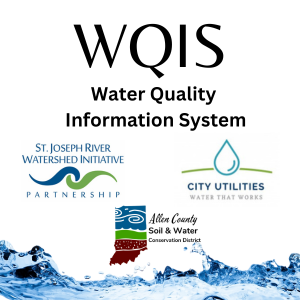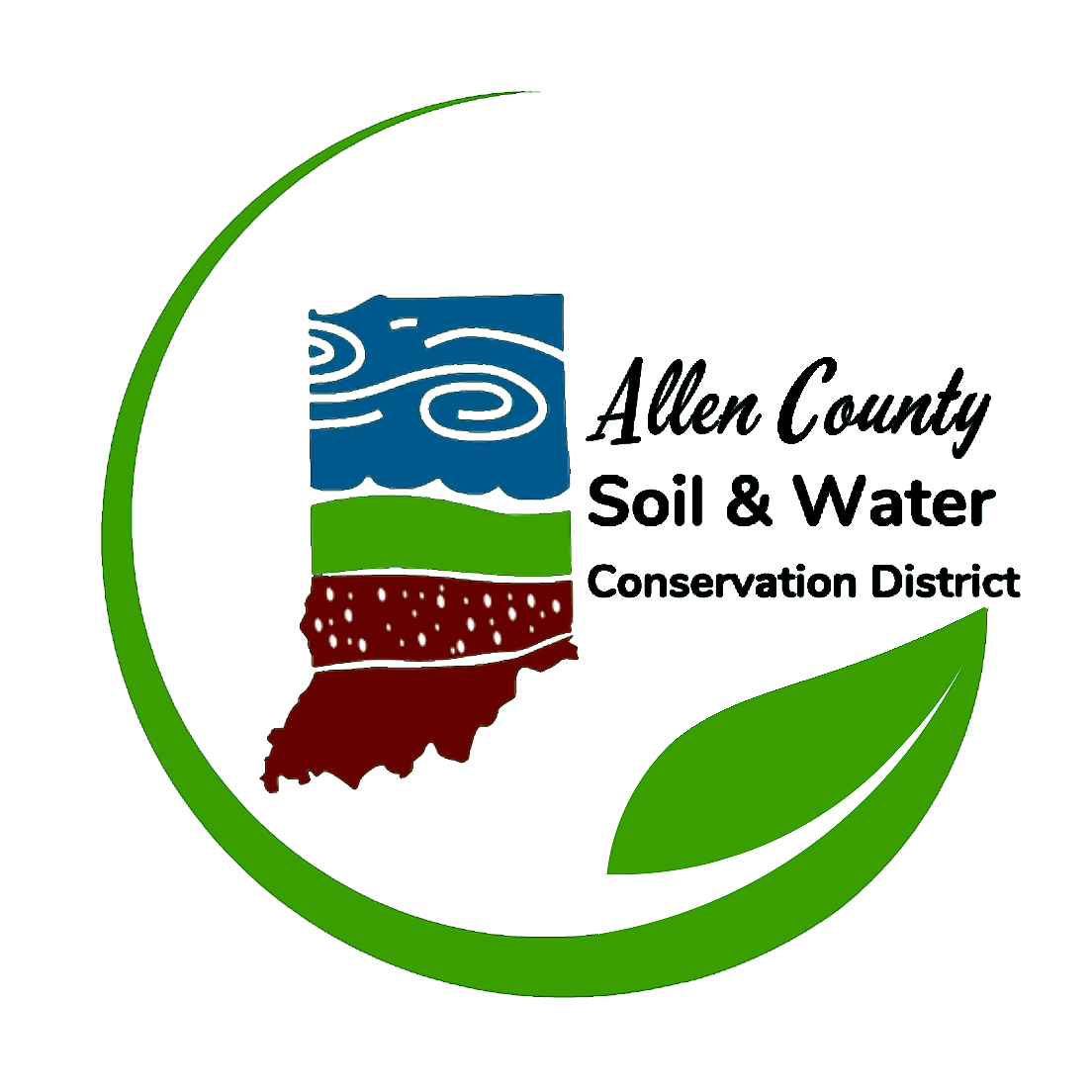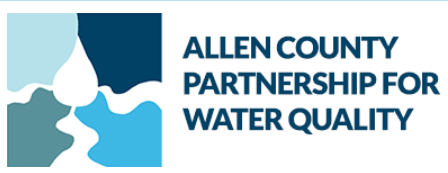A watershed is a land area that channels rainfall and snowmelt to creeks, streams, and rivers, and eventually to outflow points such as reservoirs, bays, and the ocean. Each of us lives in a watershed which means each of us makes an impact on water quality in our region and downstream.
Do you know which watershed you live in? Use the interactive map to find out!
What is a Septic System?
A septic system is an individual wastewater treatment system that uses the soil to treat wastewater. A septic system has two main parts, a holding tank and an absorption field. A third step can be added between the septic tank and the absorption field for further treatment. Sewage from the home enters into the septic tank where heavier solids settle out and scum rises to the surface. The water between the scum and solid layer enters into the absorption field where it trickles down into the soil.
Is Your Septic System Failing?
- Gurgling Sounds in the Plumbing
- Plumbing Backups
- Sewage Odors in the House or Yard
- Ground is Wet or Mushy Above Your Septic System’s Absorption Field
- Grass is Greener or Grows Faster Above Your Absorption Field
- Tests Show the Presence of Bacteria in Nearby Streams or Wells
Failing systems are expensive to repair or replace.
By maintaining your septic system you can help prevent problems that may lead to repairs or having to replace your septic system.
Compare: $50-$250 to have your septic system inspected or septic tank pumped. $3,000-$10,000 to have it repaired or replaced.
Why Maintain Your Septic System?
Money
- Failing systems are expensive to repair or replace.
- By maintaining your septic system you can help prevent problems that may lead to repairs or having to replace your septic system.
- Compare: $50-$250 to have your septic system inspected or septic tank pumped. $3,000-$10,000 to have it repaired or replaced.
The Health of Your Family and Community
- Untreated wastewater poses significant health risks to anyone who comes into contact with it.
- If your septic system is not functioning properly, and needs repairs or replacing, your system may be discharging untreated waste on to your yard or in to a nearby stream.
- Economic Health of Your Community
- Failed systems decline property values and the value of local recreational areas.
Water quality data from the St. Joseph, St. Marys, Auglaize, and Upper Maumee River watersheds is NOW available online through the Water Quality Information Servce (WQIS). WQIS is a resource for researchers, agency officials, and the general public for viewing, organizing, and presenting water quality data. The site is maintained by the St. Joseph River Watershed Initiative (SJRWI) in collaboration with the Environmental Resources Center (ERC) at Indiana University Purdue University Fort Wayne (IPFW).

Click our logo to visit our website!
The Allen County Partnership for Water Quality (ACPWQ) is a collaborative education and outreach effort concerning water quality. The ACPWQ also helps to encourage public participation in improving the quality of the county’s waters. Through presentations, booths, brochures, workshops and other media, the ACPWQ-through the efforts of the Water Resource Educator, exists to help inform all residents, businesses and other stakeholders about water resources and pollution.
Regarding the US EPA National Pollutant Discharge Elimination System (NPDES) permits and the Municipal Separate Storm Sewer System (MS4) communities, the ACPWQ addresses the education, outreach, public participation, and part of the good housekeeping measures (MCMs).
This award-winning, locally funded partnership was the first of its kind within the state of Indiana.
Learn more about our organization, current projects, or visit our resources section for access to a wealth of water quality links, audio, video and publications. Find and “friend” us on Facebook under “Causes.”
Remember, “Do What You Can Do!”


